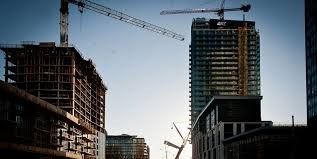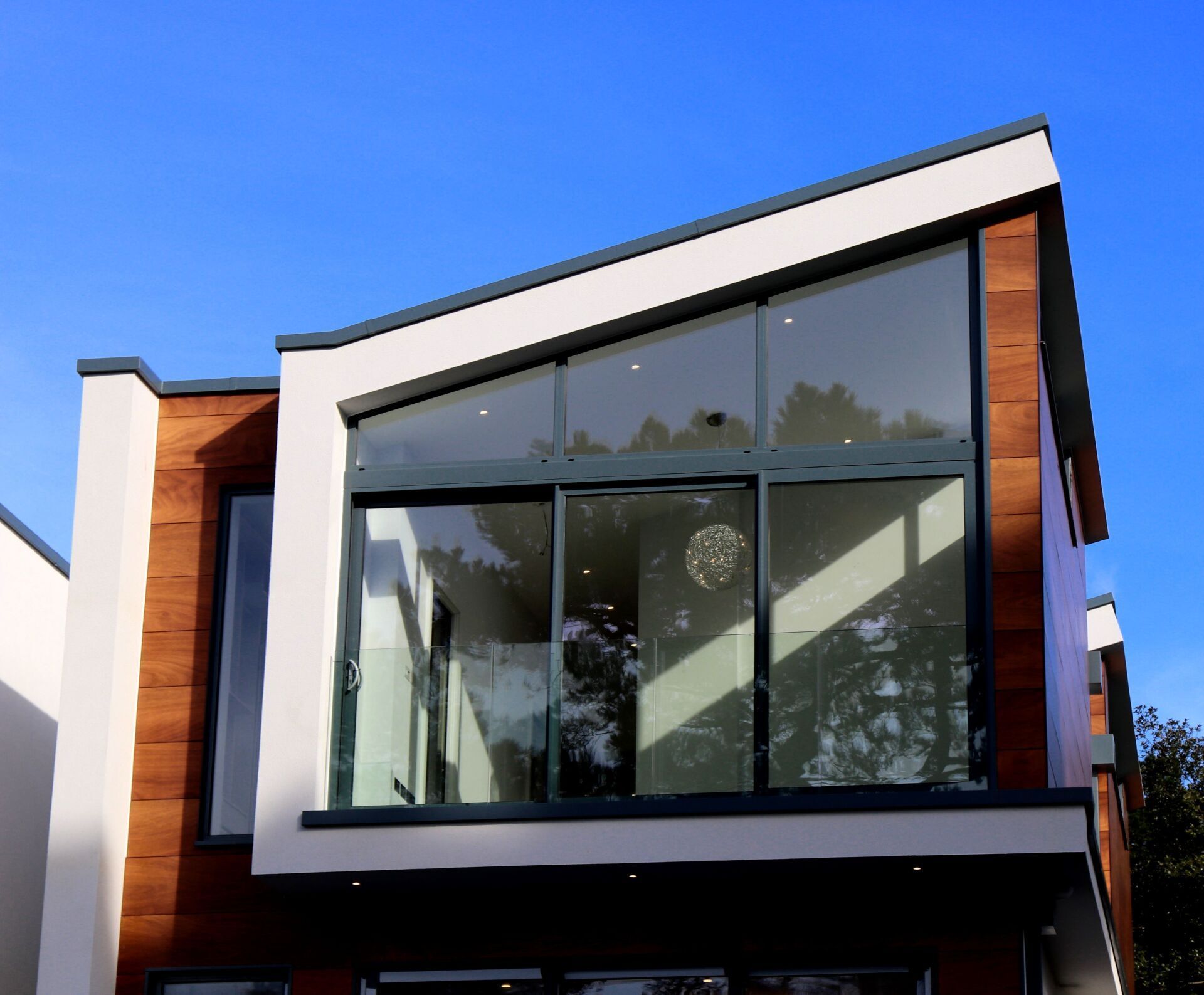Get in touch
555-555-5555
mymail@mailservice.com
The Importance of a Status Certificate
The status certificate is a document, that provides basic and essential information concerning the financial status of a unit and of the condo corporation.
Its focus is to inform a prospective owner of the fees, of any large increase that is going to come into effect, of any special assessment that is being contemplated by the board, and any arrears or lien that a particular suite might have. In addition, it contains the condo declaration, by-laws, budget, reserve fund, insurance, management contract, rules, minutes of the last annual general meeting, and mention of any lawsuit involving the corporation.
The condo board is responsible for managing the budget for the overall condo, which includes upkeep, repairs, and improvements to the common elements on the property. Common elements are typically anything outside of your unit such as elevators, lobby, amenity facilities, etc. For this reason, you’ll want to make sure that the condo board is fiscally responsible and can handle necessary repairs that come up now and in the future.
The purpose of status certificates is to allow potential buyers of condo units to have as much information as possible about their unit as well as the physical and fiscal situation of a building. Certificates also allow prospective owners to find out what the rules are, including whether pets are allowed, fitness facilities, swimming pools, barbecues, smoking, etc. Reviewing a status certificate can be complex and contain key information within dozens of pages, we recommend having an experienced Real Estate lawyer review the status certificate for you. A lawyer will know the key information to look for, how to interpret the information and will typically summarize the key points and what you should be aware of.
When shopping around for a condo, your real estate agent will be happy to help and connect you with a real estate lawyer to review the status certificate for your property and provide you with a comprehensive, yet understandable summary. (Source: condoinformation.ca; deeded.ca)





EMAIL US
HELLO@COOPERANDMILLERHOMES.com
CALL US
905-665-2500
416-690-2181
VISIT US
1052 Kingston ROAD
Toronto, ON, M4E 1T4
Greg Miller, REALTOR®
Right At Home Realty, Brokerage
242 King St E Suite 1, Oshawa, ON L1H 1C7
906-665-2500
Laura Cooper, REALTOR®
Royal LePage Estate Realty
1052 Kingston Road, Toronto, ON, M4E 1T4
416-690-2181

